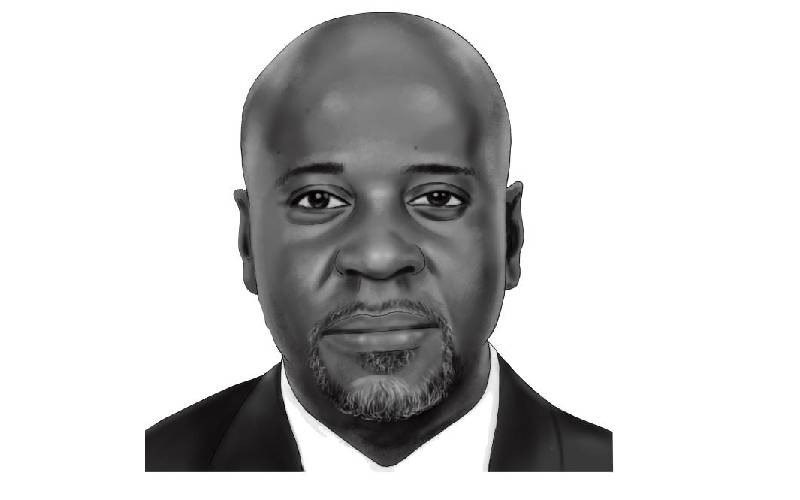×
The Standard e-Paper
Home To Bold Columnists

From the look of things, President William Ruto intends to make pan-Africanism the cornerstone of his foreign policy. He has so far visited Tanzania, Egypt, DRC, Eritrea, Senegal, Burundi, Ethiopia, Rwanda, Uganda, Zambia and Djibouti. Following bilateral agreements, visa requirements have been abolished for travel of citizens of South Africa and Eritrea. It is expected that Djibouti would join the bandwagon soon. By the principle of reciprocity, Kenyans now have visa-free access to the same countries.